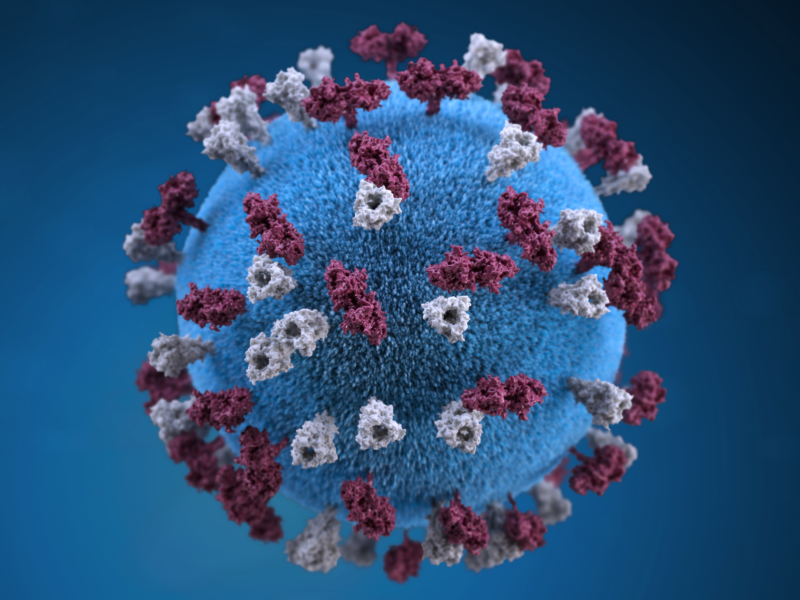The single largest donor for HIV funding, the Global Fund to fight AIDS, TB, and malaria (GFATM), was forced to cancel the latest round of new grants for HIV programs. The Fund was unable to secure the minimum $13 billion necessary to fund programs and has stated that no new grants or funding will be issued until 2014. The financial crisis in Europe has had a significant impact on donors’ commitments, who have failed to release the funds previously promised to the GFATM.
The GFATM provides more than 70 percent of the funding for antiretroviral (ARV) therapy in developing countries and finances 85 percent of TB programs in Africa. The substantial scale down in funding is especially detrimental to developing countries fighting the HIV/AIDS pandemic, particularly those in Sub-Saharan Africa. Of the 33 million people worldwide living with HIV, two-thirds are found in this region. Countries such as Swaziland, Malawi, Zimbabwe and Mozambique, all with high prevalence of HIV, face impending disaster if funding cuts fail to provide HIV infected patients with life-saving ARV therapy.
HIV treatment is not only necessary to save lives but it is also a critical component of HIV control. ARVs reduce the viral load in the blood, which consequently decreases the risk of spreading HIV.
In part due to the efficacy of ARV medication, AIDS-related deaths have decreased by 21 percent since 2005. Additionally, the number of new infections has also decreased by 21 percent since 1997. These monumental strides in HIV control may be undermined if financial constraints impede continued access to treatment.
In addition to funding gaps attributable to the economic crisis, corruption in recipient countries has also had an impact on decreased funding by donors. In January, Germany suspended the €200 million it had promised to the GFATM for 2011 due to corruption and misuse of funds in Mauritania, Mali, Zambia, and Djibouti.

